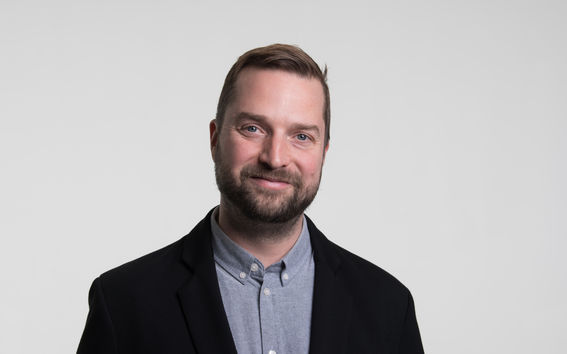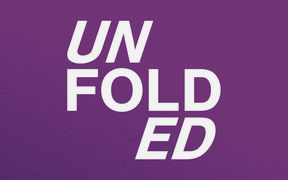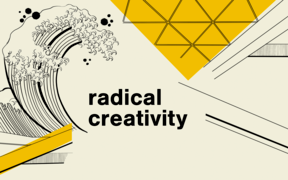A virtue of the Nordic system

I teach creativity for marketing students, and my own research also focuses on creativity. Thinking about what creativity is and how it can benefit both individuals and society as a whole, is a central concern for me, on a nearly daily basis.
As Aalto resides on the terrain of an egalitarian Nordic country, it already gives some unique advantages. Egalitarianism, as opposed to hierarchical organising, provides a fertile ground for creative collaboration.
Henri Weijo, Assistant ProfessorI have found teaching creativity incredibly rewarding—probably more rewarding than any other topic I have taught at the business school."
As a multidisciplinary university where all the disciplines are (finally) located next to each other, there is hope for creative encounters. The free Nordic educational system also guarantees that students’ study paths are guided by personal interests rather than “safe vocational choices”. This is good for creativity.
We need to manage the flip side of Nordic egalitarianism: conformity. Radical creativity rocks the boat, and this can lead to calls for pulling back creativity by virtue of maintaining consensus.
Henri Weijo
Assistant Professor
Marketing
School of Business
Unfolded
Aalto University UNFOLDED magazine focuses on contemporary issues dealing with creativity, experimentation, and transdisciplinary co-creation.

Radical creativity
We enable experimental activities that challenge the status quo.

Read more news

Apply Now: Unite! Visiting Professorships at TU Graz
TU Graz, Austria, invites experienced postdoctoral researchers to apply for two fully funded visiting professorships. The deadline for expressions of interest is 20 February 2026, and the positions will begin on 1 October 2026.Soil Laboratory Exhibition – Exploring the Dialogue Between Human and the Earth in Utsjoki
Soil Laboratory explores the relationship between humans and the earth as a living landscape through ceramic practices in Utsjoki.
The Finnish Cultural Foundation awarded grants for science and art
A total of 15 individuals or groups from Aalto University received grants






